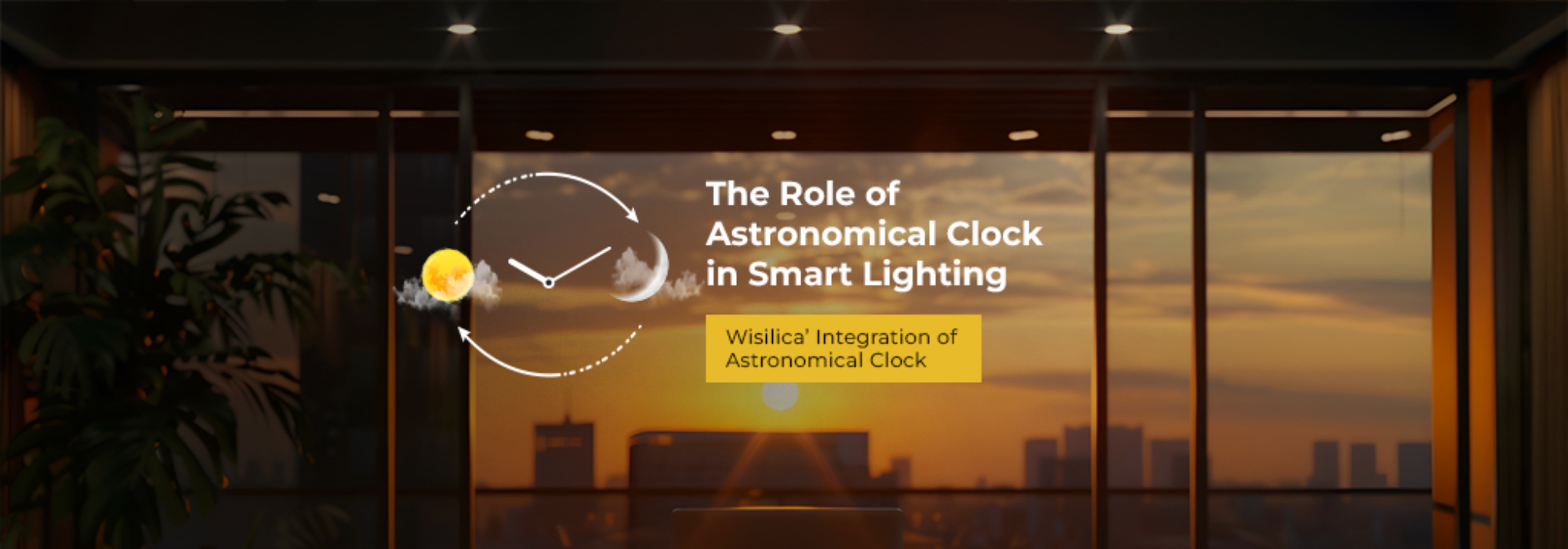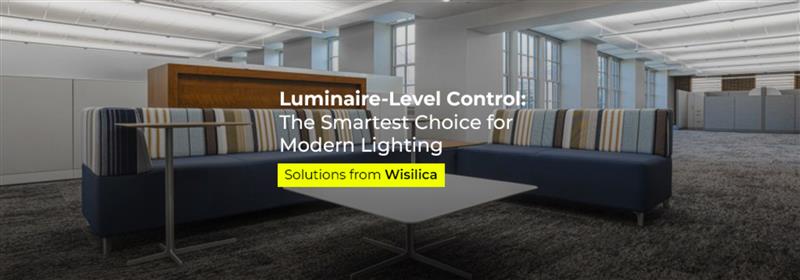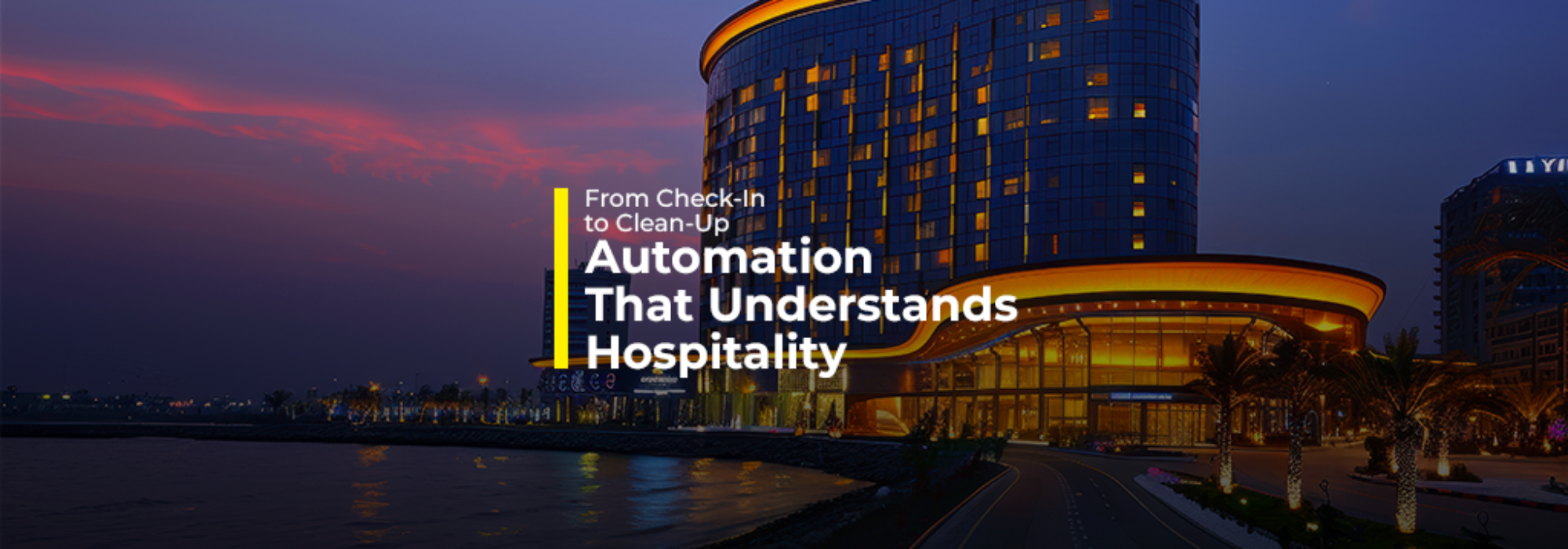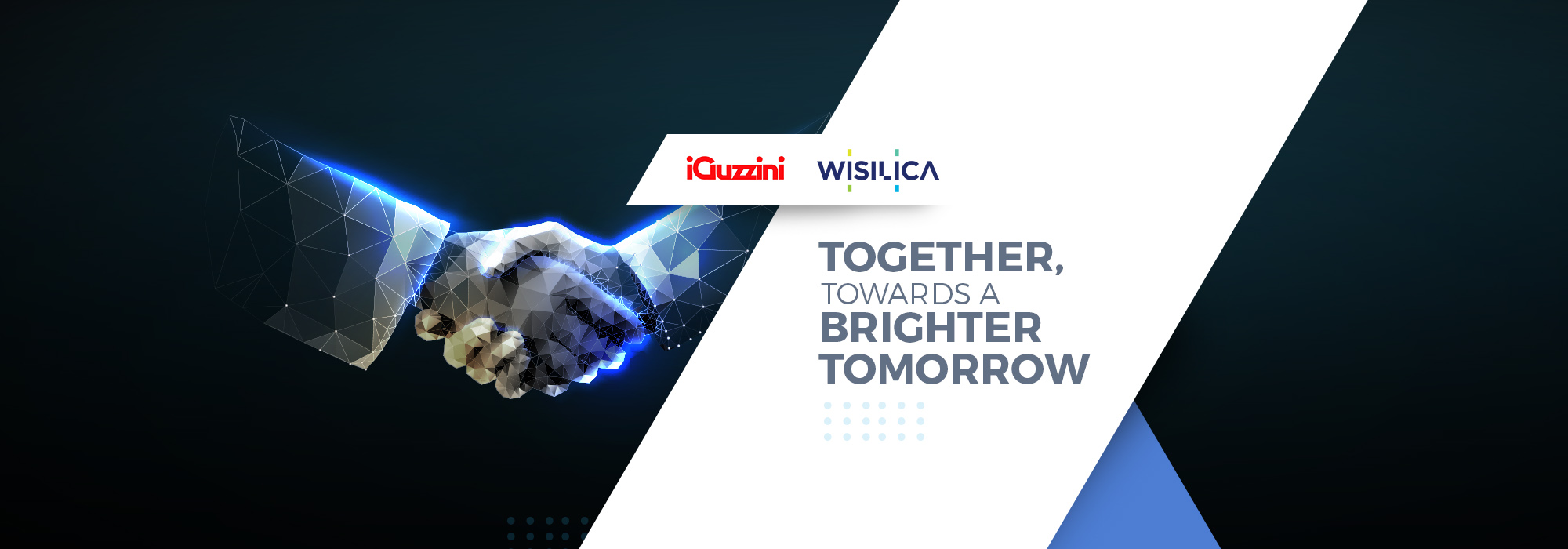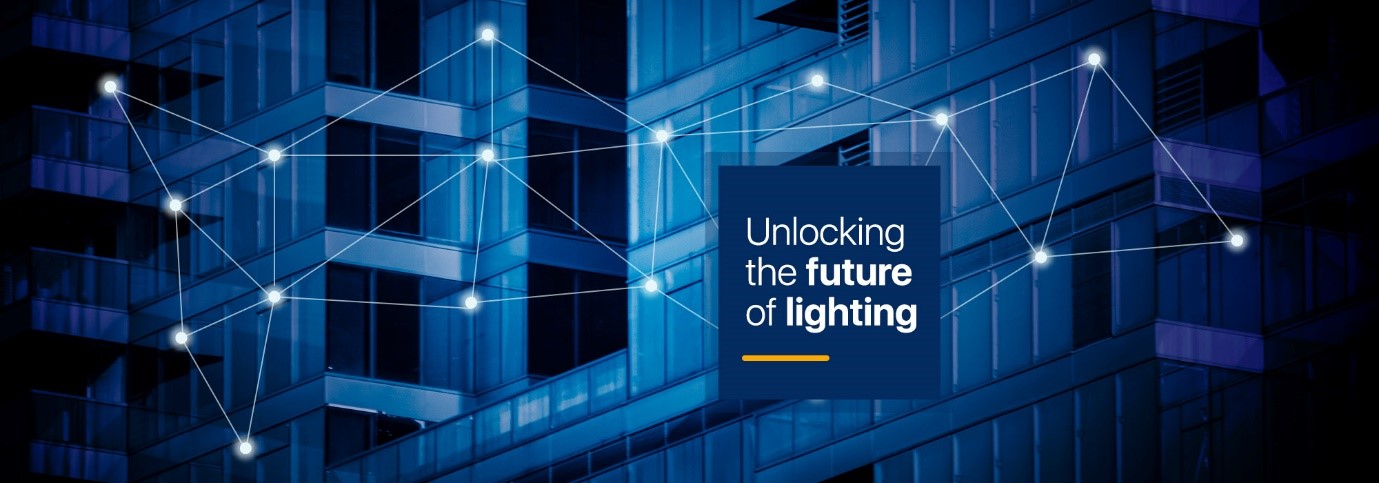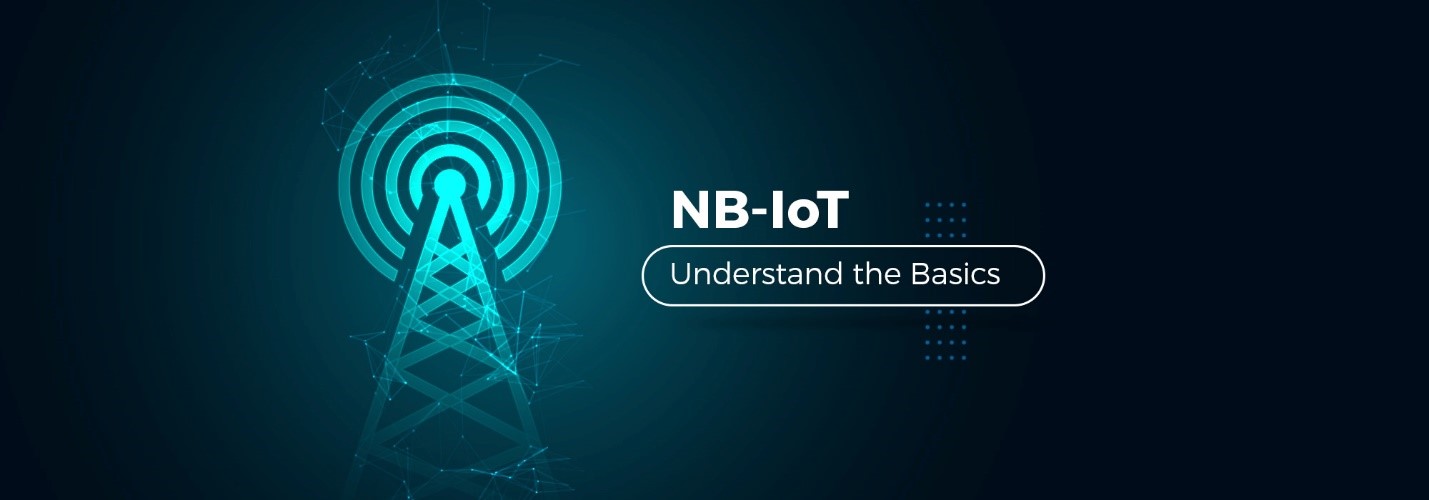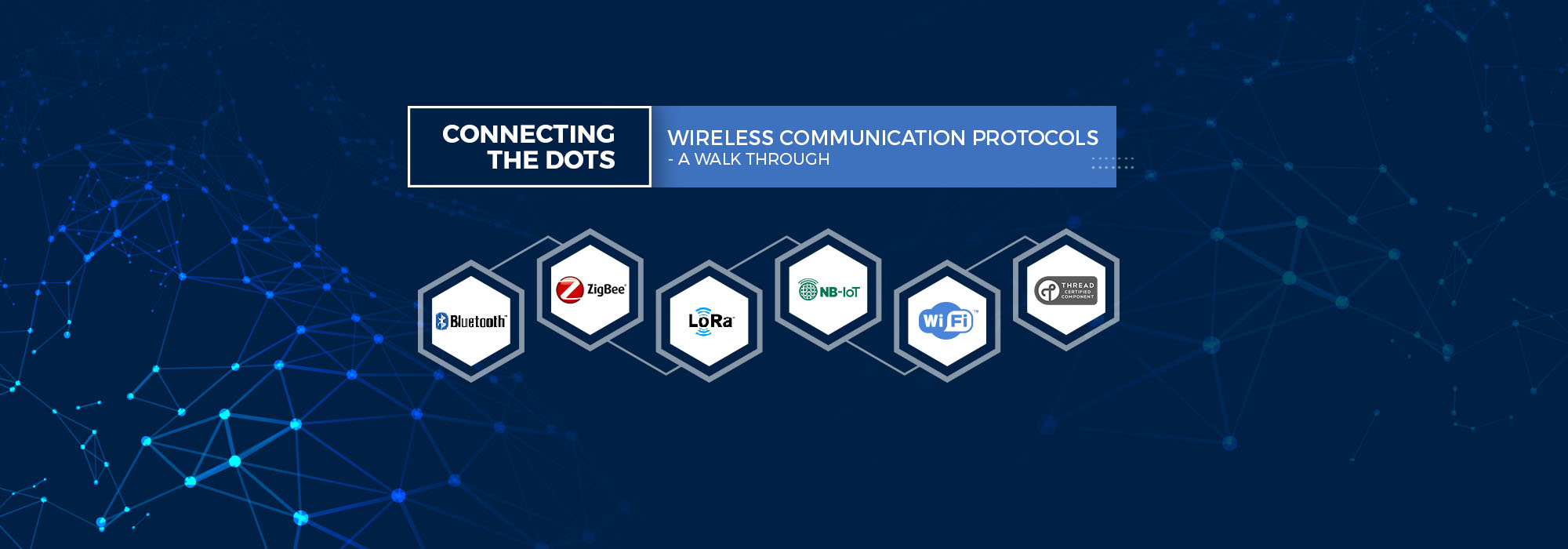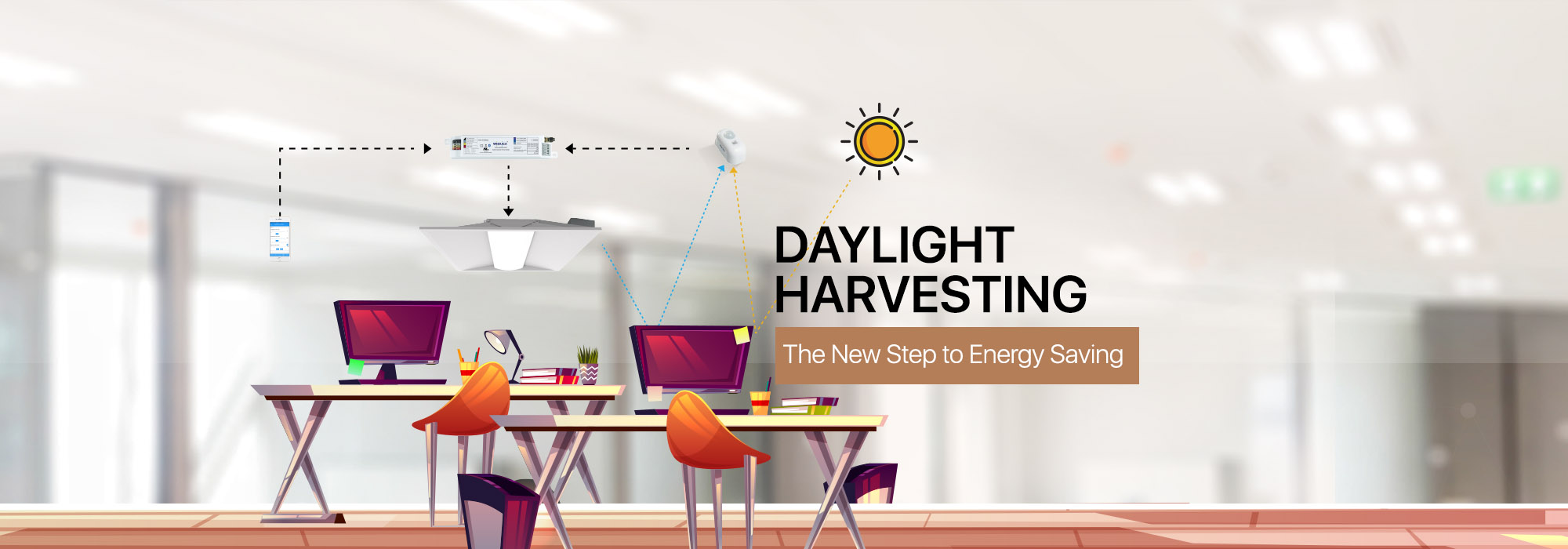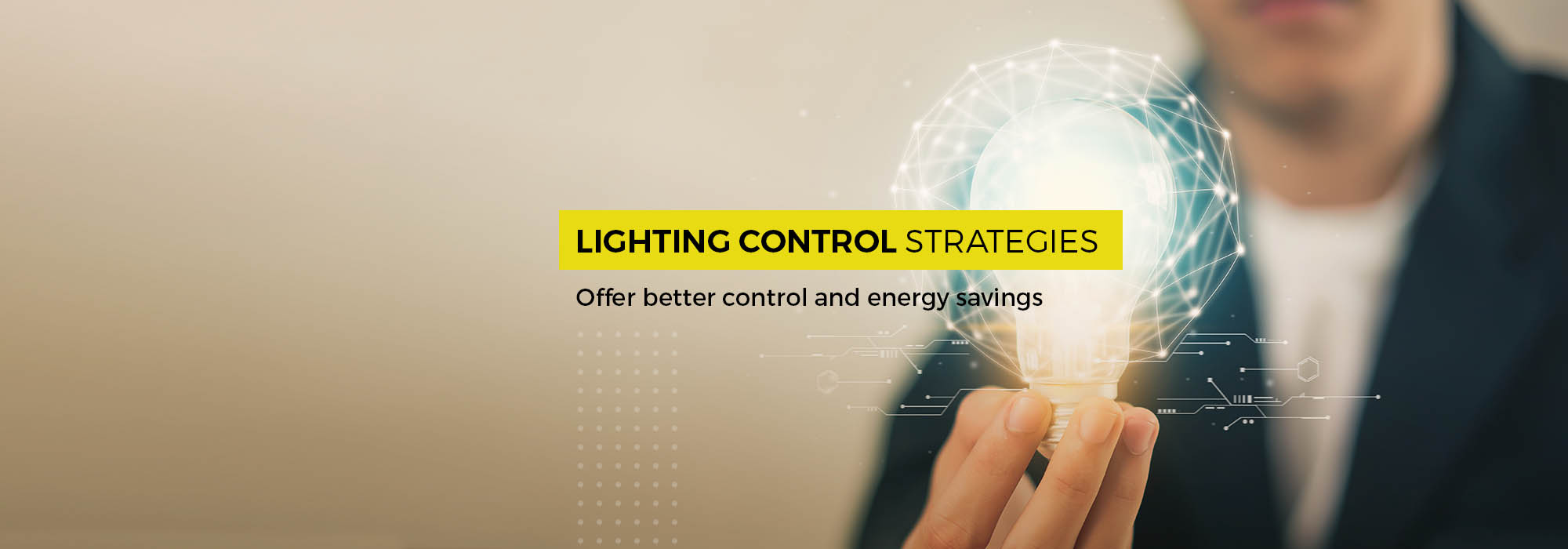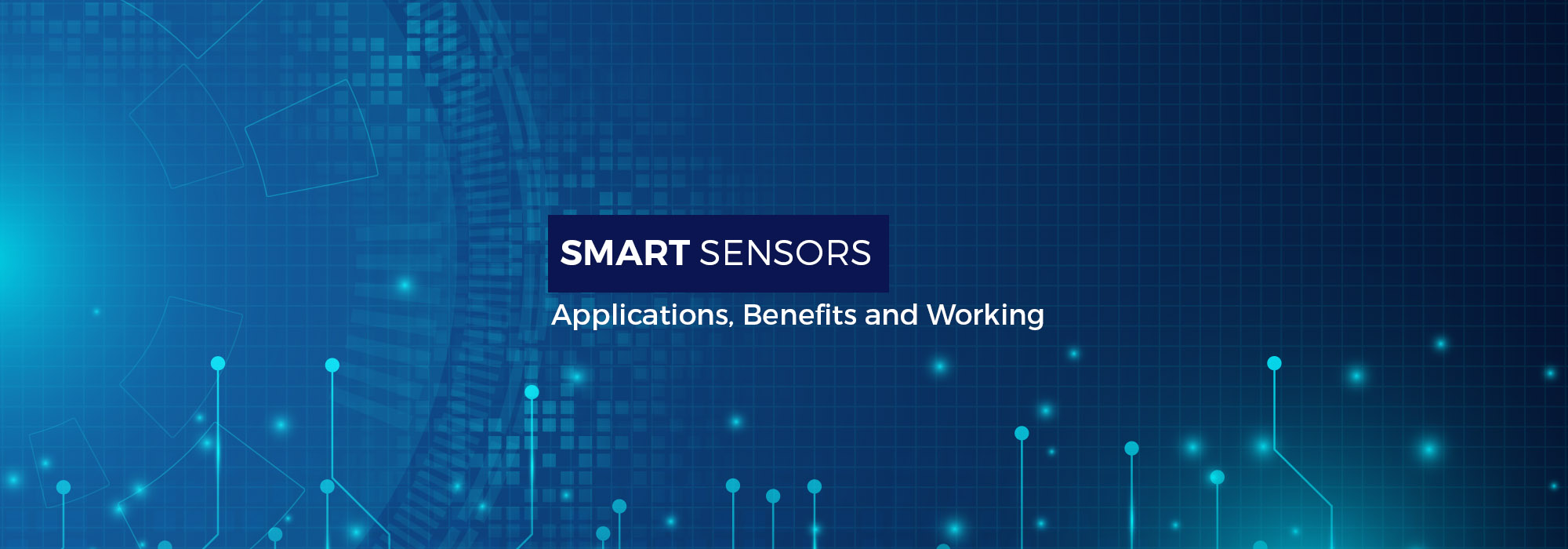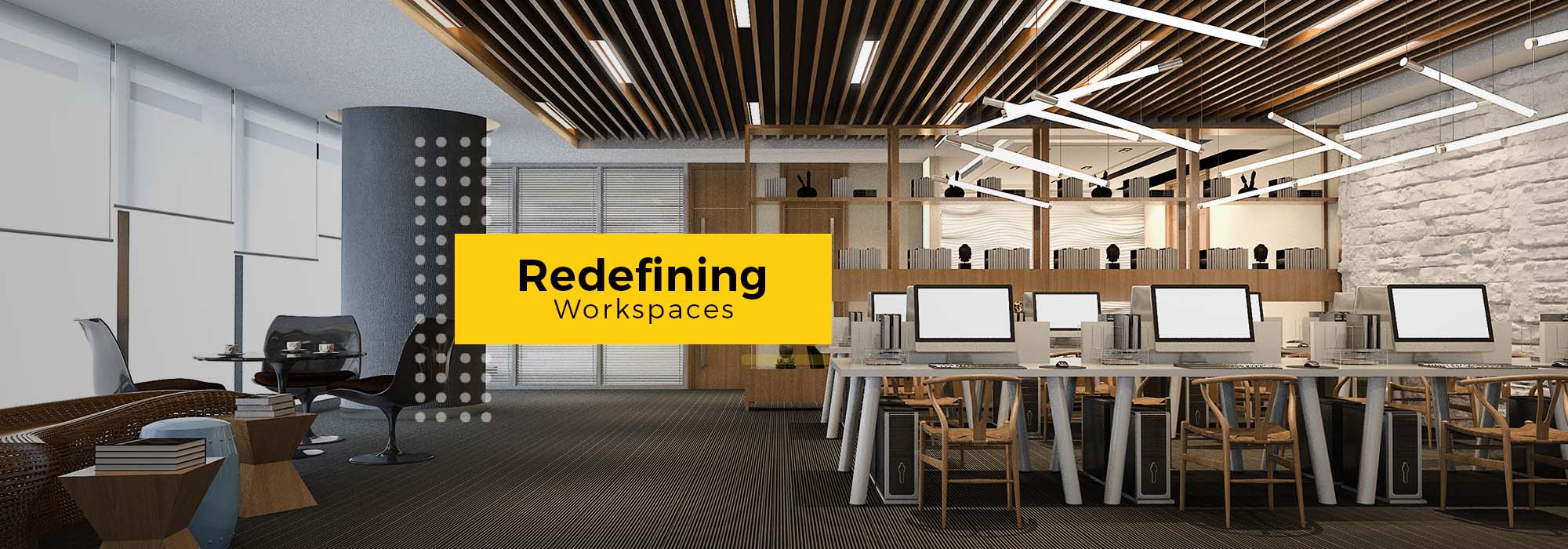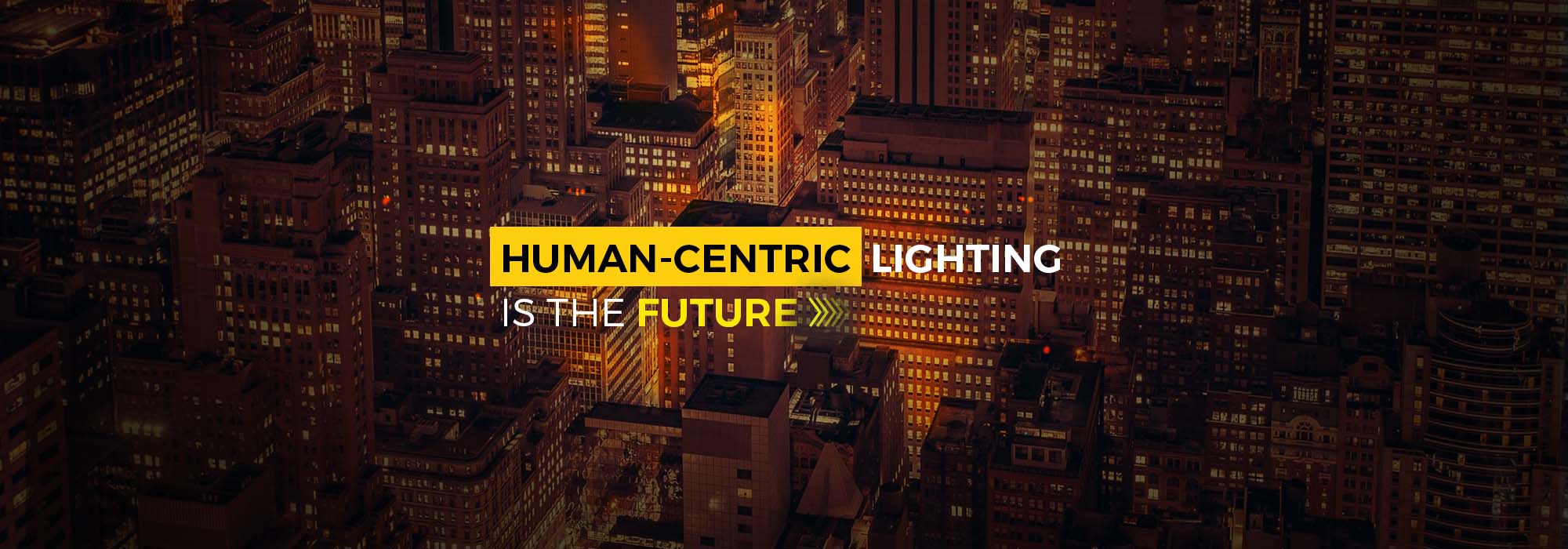BLOG POSTS
The Future of Security Guard Management: Why Smarter Tracking Matters More Than Ever
Security operations today face a challenge that rarely gets spoken about openly:
How do we ensure that guard patrols are happening the way they should consistently, transparently, and without operational friction?
Reimagining the Cruise Experience with WiSilica’s Intelligent Wearable Tracking Platform
Cruise travel is evolving faster than ever. Guests expect more convenience, more personalization, and more seamless ways to stay connected—whether navigating a 1,000-foot vessel, coordinating with family, or engaging in onboard entertainment.
The Role of Astronomical Clock in Smart Lighting
Ever heard of an astronomical clock? An astronomical clock is a sophisticated timepiece that goes beyond simply telling the time. It provides detailed information about the positions of the sun, moon, and stars. By using this data, astronomical clocks can precisely calculate the shifting times of dawn and dusk throughout the year, ensuring accuracy regardless of the season.
Luminaire-Level Control: The Smartest Choice for Modern Lighting
Imagine a lighting system that doesn’t just turn on or off but responds intelligently to its surroundings—adjusting brightness based on the time of day, sensing when a room is empty, and conserving energy effortlessly.
Hotels Are Getting Smarter — Here’s How Automation Is Saving Costs and Enhancing Comfort
70% of a hotel’s energy waste comes from lighting and HVAC left on in unoccupied rooms. That’s not a guest problem — that’s an automation opportunity.
The latest updates on BIG THREE ENERGY CODES. What you should know?
The Energy codes and standards play a crucial role in making commercial buildings energy-efficient. This blog covers recent updates from IECC, ASHRAE 90.1, California Title 24. Read More
DALI Lighting Control for Commercial Space: What, Why & How!
Technological advancements are always astounding. A few decades ago, who would have dreamt that light can be turned ON/OFF without switches or create sunrise or sunset lighting indoors? The advance of lighting technology has brought these significant changes, and the digital standard for luminaire control, DALI, is a triumph for the world.
The exciting journey of iGuzzini and WiSilica to achieve milestones in aesthetic, human-centric lighting!
Have you ever realized the importance of lighting in defining spaces? Don’t you think, lighting is an integral part of interior design? Can light influences the mood of occupants and the beauty of a space? Is it controllable?
Interoperability in IoT lighting space- A need of the hour
The convergence of solid-state lighting and networking capabilities have opened the door to a world of possibilities. From an end-user perspective, interoperability not only negates manufacturer obsolescence but also delivers them additional value like centrally managing and analyzing data from a multi-vendor ecosystem. Without interoperability, a connected lighting system will not be able to deliver energy and non-energy value propositions that the market demands.
NB-IoT: Understanding the Basics
Narrowband -Internet of Things (NB-IoT) is the next generation IoT. Is it so? Read on, to find out more!
Top 6 IoT Communication Protocols
The backbone of IoT is a network of connected, smart devices. These devices communicate with each other to collect and exchange data to make intended devices function the way users want.
Why OEMs Need Compatible and Interoperable Lighting Control System
Today, OEMs deal with a large variety of specifiers, architects, and building owners with varied lighting requirements. In this smart lighting era where light systems employ sensors and software technologies for automated lighting, it’s essential for them to rely on multiple vendors to include the best lighting components. That requires multiple lighting devices from different manufacturers to work together in harmony.
Daylight Harvesting–The New Step to Energy Saving
Lights affect the way we feel. It’s obvious that the natural light is a source of illumination. With ever-increasing demands for energy savings on one side and better recognizing the benefits of natural light for our health on the other side, more businesses are turning to daylight harvesting as means to conserve energy and bring sunlight back into their buildings and workspaces.
Smart Lighting scenes- what you should know?
Scene is one of the basic features of Smart Lighting. It’s not that lights can be switched ON/OFF or dimmed, but can also be programmed to suit your lighting requirements, activities or schedules. Scene control allows you to light up an area based on the occupancy detection, daylight availability or schedules.
Lighting control Strategies- Offer better control and energy savings
Today’s lighting systems are smart and controllable. Lighting control devices manage and automate lighting as per the user’s needs. Increasing demands for energy savings and versatility to support visual needs have given lighting control greater importance. The lighting control system utilizes distinct control strategies to satisfy the energy codes and standards, which provides the minimum acceptable energy usage for the buildings. Getting control over the fixtures in a facility using sensors, schedules, and dimmers dramatically save on maintenance costs and energy consumption.
Smart Sensors: Applications, Benefits, and Working
It’s a sensor-driven era. Smart sensors do enhance the capacity to observe and report on the world around us. They perform in almost all sectors to make human life easy and much better. Adjusting lights to the tune of moods, turning on devices including water heaters, ensuring security, tracking devices, and many more are just a few to name so. On a bigger scale, sensors enable greater visibility into business processes and workflows, identify employee work patterns, and determine environmental conditions of facilities. Thus, sensors also allow enterprise management to monitor, control, and improve operational efficiency.
Redefining Workspaces
The future workspaces are sure to look different from today’s, and so are their functioning. Today, it’s quite natural to make workspaces more employee-friendly and comfortable with smart devices. Seamless asset retrieval, information updates, space management, remote management capabilities, real-time data, actionable insights, easy-to-read reports, energy efficiency, etc. are all part of prime considerations in creating modern workspaces. IoT and its vast applications have been catering towards these causes and have brought-in various benefits across industry verticals.
Human-centric Lighting is the Future
It isn’t a surprise if a luminaire glows only to illuminate a space. But it is a surprise if it light-up a space to make occupants feel comfortable, be it for working, reading, or sleeping. Human-centric lighting (HCL) is the future of lighting and is surprisingly transforming the way light behaves to boost people’s circadian rhythms. Unlike primitive lighting systems, HCL employs tunable bulbs, controllers, drivers, gateways, and app interfaces.
Healthcare IoT is Here to Stay
Healthcare industry is always on the foray for cutting-edge technologies to meet scaling demands, both, on the administrative side and the patient side. There’s a paradigm shift in what the admins look for and the patients require today. Automated hospital rooms, in-patient security, energy efficiency, hygiene compliances, real-time location details, live device tracking, and many more are all on the list of what they seek for. Read More






